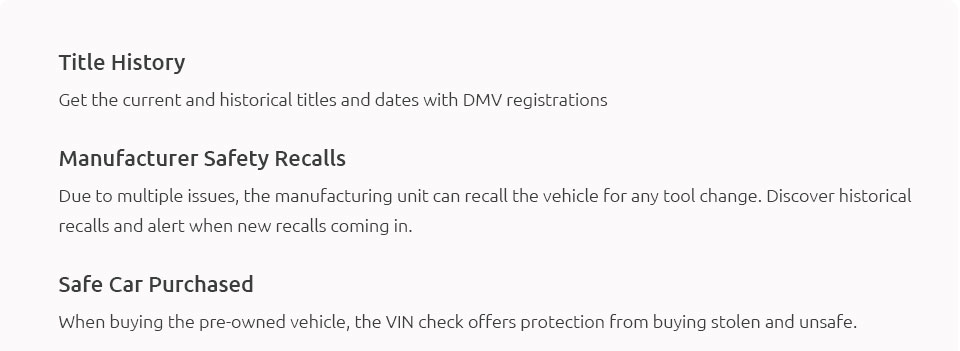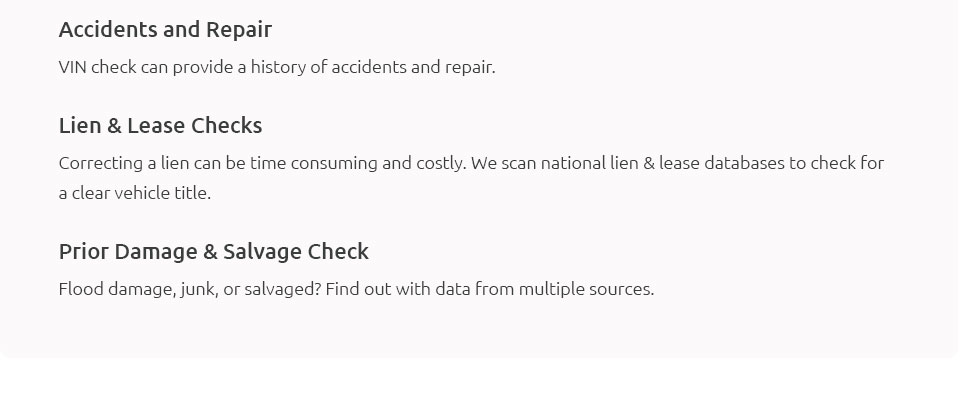 |
 |
 |
||
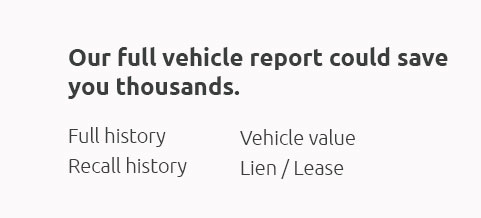 |
 |
|
 |
||
 |
 |
 |
 |
||
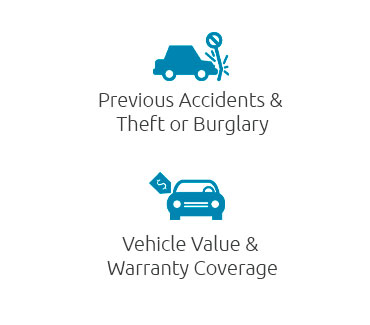 |
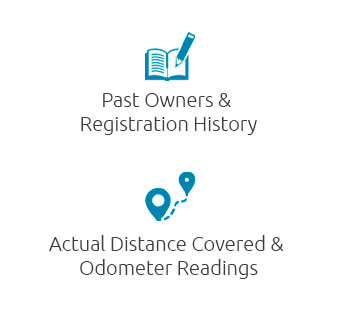 |
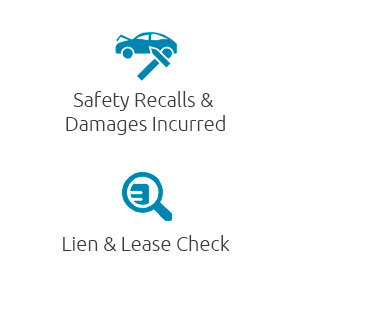 |
 |
 |
||||
|
||||
 |
|
Unlock the full story behind any vehicle with our unrivaled VIN Check Service-where every detail matters and peace of mind is just a click away; delve into comprehensive car histories like never before, uncovering hidden secrets and ensuring you make informed decisions, while our exclusive Car Owner Check feature offers unparalleled insight, connecting you to the vehicle's past and empowering your future choices with confidence and clarity, because we believe that knowledge isn't just power-it's your ultimate driving force.
https://www.carinfo.app/rto-vehicle-registration-detail
You may view the car and owner details on the following page. Why do we need to check RC Status Online? Checking the vehicle's RC (Registration Certificate) ... https://www.carveto.co.uk/car-history-check/car-previous-owners/
How can I run a car owner check investigation? - Look at the previous and existing owners names and addresses as printed on the V5C logbook. - Look through the ... https://vehicleinfo.app/
... Car - Buy Used Car - Loan Old Bike - Car History Report - Used Car Loan. Top Features. Search Owner Details. Search Owner ...
|

